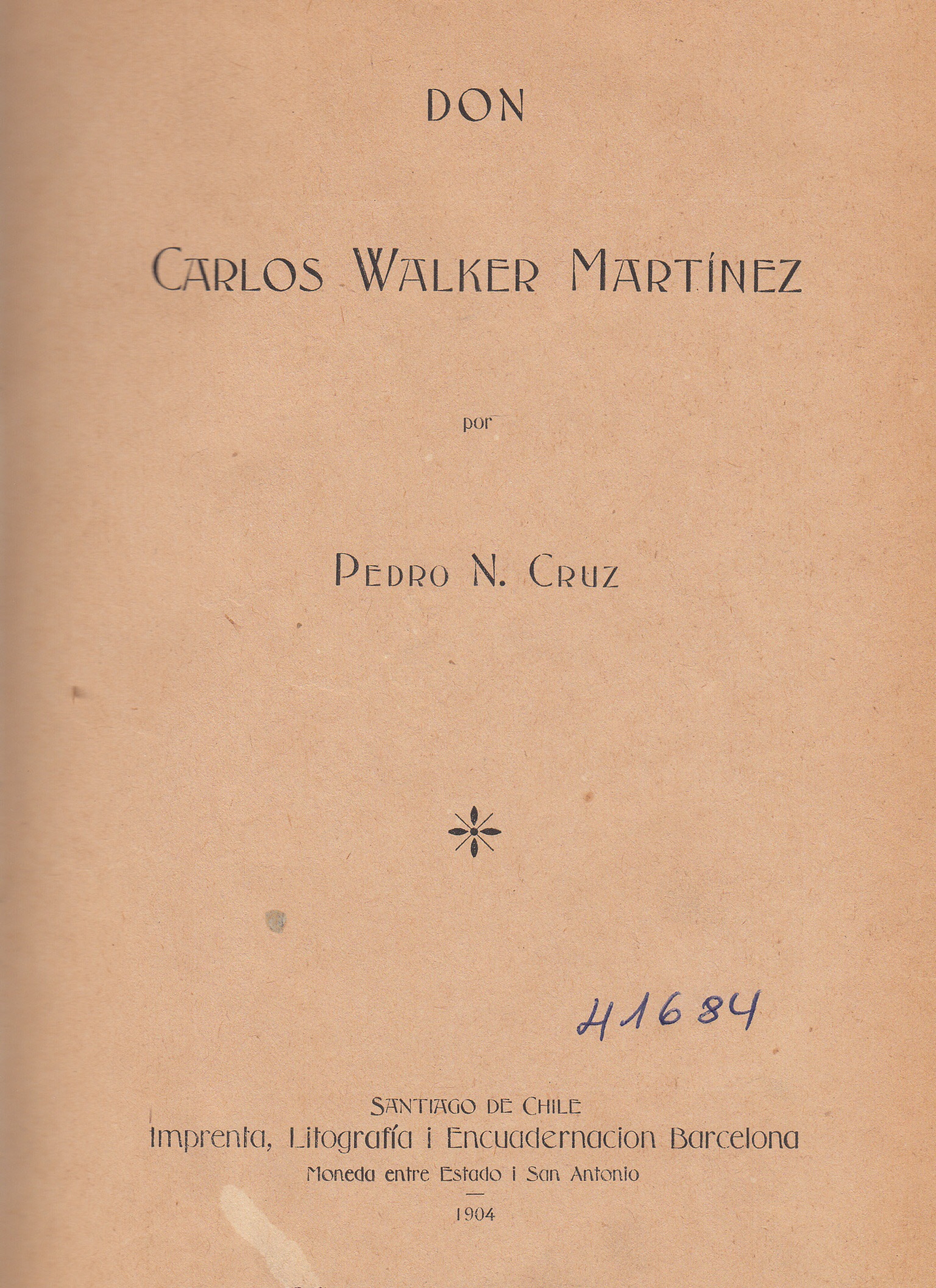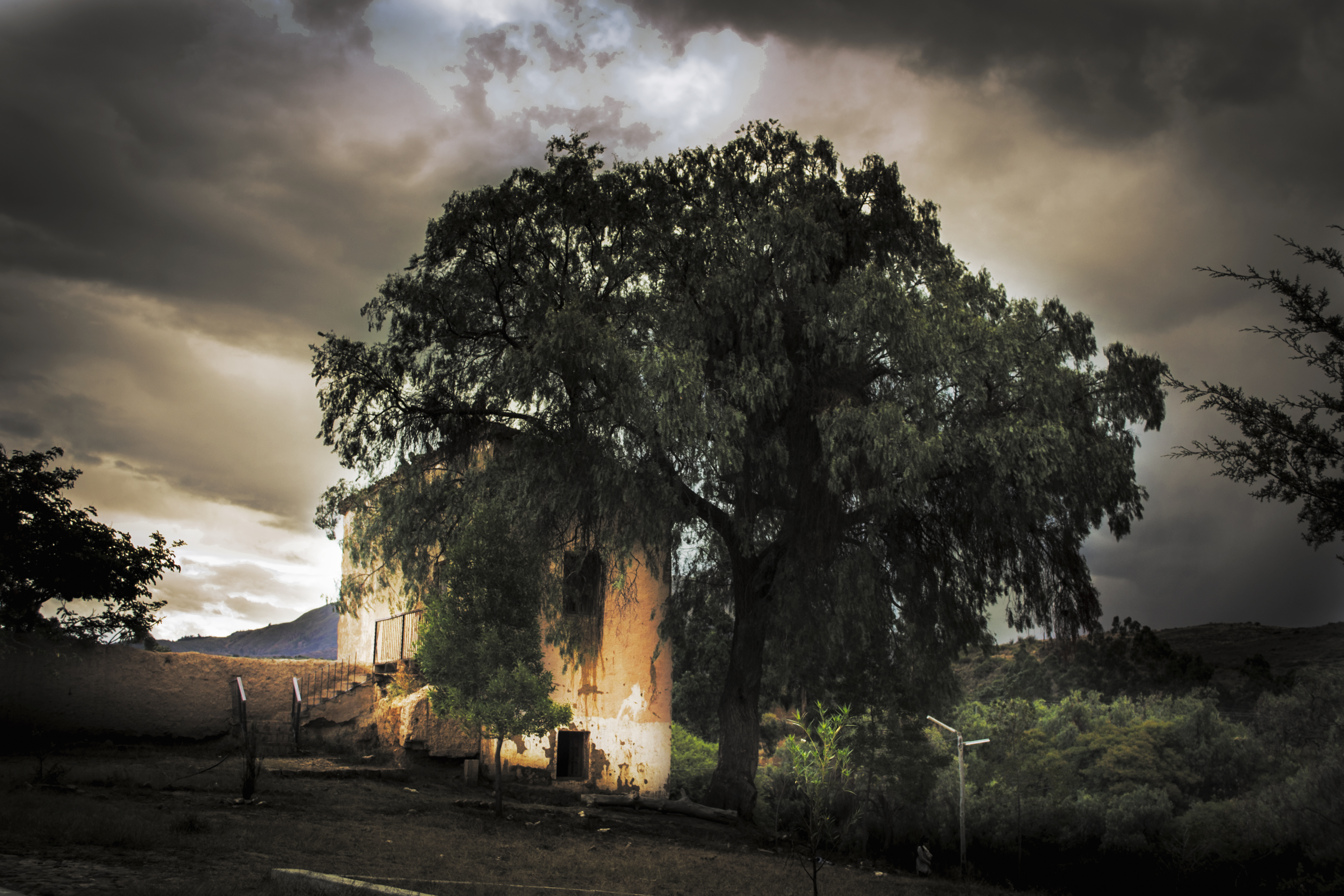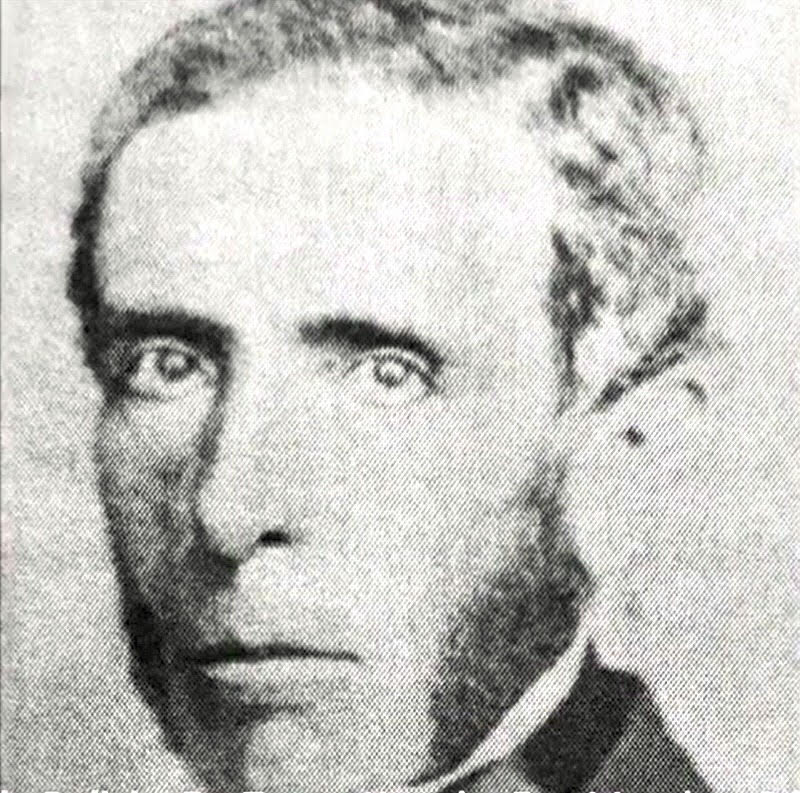|
Mariano Baptista
Mariano Baptista Caserta (16 July 1832 – 19 March 1907, Cochabamba) was a Bolivian politician, orator and journalist. An outstanding intellectual of his time, he was a deputy in various periods, Minister of Foreign Affairs (1873-1876) and (1888-1891), President of Congress (1884-1888), Constitutional President of the Republic (1892-1896) and Vice President of the Republic (1884-1888). Early life Youth and studies Son of José Manuel Baptista and Petrona Caserta, he studied law at the '' Universidad Mayor, Real y Pontificia de San Francisco Xavier de Chuquisaca''. He stood out in his youth for his talent and skills as an orator and public speaker. He received his law degree in 1857, but never practiced as a lawyer. From a very young age, Baptista ventured into journalism. He was founder and director of ''El Porvenir de Sucre'' (1855). A militant Catholic, he was director of the Cochabamba Seminary, as well as a professor of History and Literature. Political career ... [...More Info...] [...Related Items...] OR: [Wikipedia] [Google] [Baidu] |
Baptista
Baptista is a Portuguese surname. People with this name include: *Alba Baptista (born 1997) *Alexandre Baptista (born 1941), Portuguese footballer * Ana Filipa Baptista (born 1990), Portuguese chess player * António Maria Baptista (1866–1920), Portuguese military officer and politician *Arnaldo Baptista (born 1948), Brazilian rock musician *Baptista Mantuanus (1447–1516), Italian Carmelite reformer, humanist, and poet * Baptista Minola, a character in Shakespeare's ''Taming Of The Shrew'' * Baptista Varani (1458–1527), Italian nun and Catholic saint * Christopher Baptista, Canadian drag queen *Cyro Baptista (born 1950), Brazilian musician * (born 1962), Brazilian botanist * Eduardo Baptista (born 1970), Brazilian football manager * Ezequiel Baptista (born 1926), Portuguese footballer * Felipe Oliveira Baptista (born 1975), Portuguese fashion designer *Firmino Baptista, Portuguese athlete * Hélder Baptista (born 1972), Portuguese footballer * Joao Luiz Ferreira Baptista (bo ... [...More Info...] [...Related Items...] OR: [Wikipedia] [Google] [Baidu] |
Cochabamba
Cochabamba ( ay, Quchapampa; qu, Quchapampa) is a city and municipality in central Bolivia in a valley in the Andes mountain range. It is the capital of the Cochabamba Department and the fourth largest city in Bolivia, with a population of 630,587 according to the 2012 Bolivian census. Its name is from a compound of the Quechua words ''qucha'' "lake" and '' pampa'', "open plain." Residents of the city and the surrounding areas are commonly referred to as ''cochalas'' or, more formally, ''cochabambinos''. It is known as the "City of Eternal Spring" or "The Garden City" because of its spring-like temperatures all year round. It is also known as "La Llajta," which means "town" in Quechua. It is the largest urban center between the higher capital of La Paz and Santa Cruz de la Sierra in the tropical plains of the east. It sits south-west of the Tunari mountains, and north of the foothills of the Valle Alto. In antiquity, the area featured numerous lakes, which gave the city its ... [...More Info...] [...Related Items...] OR: [Wikipedia] [Google] [Baidu] |
Peru
, image_flag = Flag of Peru.svg , image_coat = Escudo nacional del Perú.svg , other_symbol = Great Seal of the State , other_symbol_type = Seal (emblem), National seal , national_motto = "Firm and Happy for the Union" , national_anthem = "National Anthem of Peru" , march = "March of Flags" , image_map = PER orthographic.svg , map_caption = , image_map2 = , capital = Lima , coordinates = , largest_city = capital , official_languages = Peruvian Spanish, Spanish , languages_type = Co-official languages , languages = , ethnic_groups = , ethnic_groups_year = 2017 , demonym = Peruvians, Peruvian , government_type = Unitary state, Unitary Semi-presidential system, semi-presidential republic , leader_title1 = President of Peru, President ... [...More Info...] [...Related Items...] OR: [Wikipedia] [Google] [Baidu] |
War Of The Pacific
The War of the Pacific ( es, link=no, Guerra del Pacífico), also known as the Saltpeter War ( es, link=no, Guerra del salitre) and by multiple other names, was a war between Chile and a Bolivian–Peruvian alliance from 1879 to 1884. Fought over Chilean claims on coastal Bolivian territory in the Atacama Desert, the war ended with a Chilean victory, which gained for the country a significant amount of resource-rich territory from Peru and Bolivia. The war began over a nitrate taxation dispute between Bolivia and Chile, with Peru being drawn in due to its secret alliance with Bolivia. But historians have pointed to deeper origins of the war, such as the interest of Chile and Peru in the nitrate business, the long-standing rivalry between Chile and Peru, as well as political and economical disparities between Chile, Peru and Bolivia. On February 14, 1879, Chile's armed forces occupied the Bolivian port city of Antofagasta, subsequently war between Bolivia and Chile was declare ... [...More Info...] [...Related Items...] OR: [Wikipedia] [Google] [Baidu] |
Carlos Walker Martínez
Carlos Walker Martínez (born in Vallenar on 2 February 1842; died in Santiago, Chile, on 5 October 1905) was a Chilean lawyer, politician and poet. Biography In September 1865, he was studying law at the University of Chile, when war with Spain began, and he enlisted in the navy, participating in the engagement of Abtao, 7 February 1866. In the same year he founded the literary magazine ''La República Literaria'', at the head of which he remained while he was in Chili. He was appointed in 1867 secretary of the legation in Bolivia, was graduated in law in 1868, and traveled through Europe and the United States. On his return to Chile in 1870, Walker Martínez was elected to congress for the department of Vallenar, and became secretary of the chamber of deputies. He was well known as a parliamentary orator. In 1873 he was appointed chargé d'affaires of Chile in Bolivia, and in 1874 he became minister in the same republic. During the War of the Pacific The War of the Pacifi ... [...More Info...] [...Related Items...] OR: [Wikipedia] [Google] [Baidu] |
Guerra Del Pacífico 1879-1884 Caricatura 43
Guerra is a Portuguese, Spanish and Italian term meaning "war". Notable people with the surname Guerra include: People Arts * Aaron Guerra, American guitarist * Adam Daniel Guerra, American drag queen also known as Venus D-Lite * Ana Clara Guerra Marques, Angolan dancer * Andrea Guerra (composer), Italian composer * Aureliano Fernández-Guerra, Spanish historian, poet and playwright * Carlos Rivera Guerra, Mexican singer * Carolina Guerra, Colombian model and actress * Cástulo Guerra, Argentine actor * Castullo Guerra, Argentine actor * César Guerra-Peixe, Brazilian violinist * Ciro Guerra, Colombian film director, screenwriter * Ely Guerra, Mexican singer * Gabriel Guerra, Mexican sculptor * Giovanni Guerra, Italian painter * Gregório de Matos e Guerra, Brazilian poet * Juan Luis Guerra, Dominican singer * Marcelino Guerra, Cuban singer * María Inés Guerra, Mexican singer * Pedro Guerra, Spanish singer * Pia Guerra, Canadian comic book artist * Raquel Guerra, Portuguese ... [...More Info...] [...Related Items...] OR: [Wikipedia] [Google] [Baidu] |
Paris
Paris () is the capital and most populous city of France, with an estimated population of 2,165,423 residents in 2019 in an area of more than 105 km² (41 sq mi), making it the 30th most densely populated city in the world in 2020. Since the 17th century, Paris has been one of the world's major centres of finance, diplomacy, commerce, fashion, gastronomy, and science. For its leading role in the arts and sciences, as well as its very early system of street lighting, in the 19th century it became known as "the City of Light". Like London, prior to the Second World War, it was also sometimes called the capital of the world. The City of Paris is the centre of the Île-de-France region, or Paris Region, with an estimated population of 12,262,544 in 2019, or about 19% of the population of France, making the region France's primate city. The Paris Region had a GDP of €739 billion ($743 billion) in 2019, which is the highest in Europe. According to the Economist Intelli ... [...More Info...] [...Related Items...] OR: [Wikipedia] [Google] [Baidu] |
Europe
Europe is a large peninsula conventionally considered a continent in its own right because of its great physical size and the weight of its history and traditions. Europe is also considered a Continent#Subcontinents, subcontinent of Eurasia and it is located entirely in the Northern Hemisphere and mostly in the Eastern Hemisphere. Comprising the westernmost peninsulas of Eurasia, it shares the continental landmass of Afro-Eurasia with both Africa and Asia. It is bordered by the Arctic Ocean to the north, the Atlantic Ocean to the west, the Mediterranean Sea to the south and Asia to the east. Europe is commonly considered to be Boundaries between the continents of Earth#Asia and Europe, separated from Asia by the drainage divide, watershed of the Ural Mountains, the Ural (river), Ural River, the Caspian Sea, the Greater Caucasus, the Black Sea and the waterways of the Turkish Straits. "Europe" (pp. 68–69); "Asia" (pp. 90–91): "A commonly accepted division between Asia and E ... [...More Info...] [...Related Items...] OR: [Wikipedia] [Google] [Baidu] |
Mariano Melgarejo
Manuel Mariano Melgarejo Valencia (13 April 1820 – 23 November 1871) was a Bolivian military officer and politician, fifteenth president of the Republic of Bolivia from December 28, 1864, until his fall on January 15, 1871. He assumed power in 1864 after staging a coup d'état against president José María de Achá, thus beginning six-year dictatorship, popularly known as the ''Sexenio''. He would cement his power after personally killing former president Manuel Isidoro Belzu in 1865. He was of controversial personality and his dictatorship is remembered in Bolivia mainly for its poor government administration and its abuses against the indigenous population, in addition to having signed unfavorable border treaties with Chile and Brazil in 1866 and 1867, which proved to be devastating in coming years. On January 15, 1871, the Commander-in-Chief of the Army at the time, General Agustín Morales, along with the support of the people of La Paz, tired of the president's desp ... [...More Info...] [...Related Items...] OR: [Wikipedia] [Google] [Baidu] |
José María Linares
José María Linares Lizarazu (10 July 1808 – 23 October 1861) was a Bolivian lawyer and politician who served as the 13th president of Bolivia from 1857 to 1861. Early life and education He was born in Tical, Potosí, in his family's hacienda. Belonging to the noble and wealthy family of the Counts of Lords and House of Rodrigo in Navarre, Linares was related to the Spanish nobility. He was educated at the Royal and Pontifical University of San Francisco Xavier, in Sucre. Political career Early in his life, Linares gravitated toward the world of politics, earning a number of administrative appointments in various governments. In 1839 he was called by the new president, General José Miguel de Velasco, to take charge of the portfolio of the Interior. After this Linares was appointed Minister to Spain, where he negotiated the treaty that recognized Bolivia's independence. Serving as president of the Senate, in 1848 he was briefly called (in Velasco's temporary absence) to ta ... [...More Info...] [...Related Items...] OR: [Wikipedia] [Google] [Baidu] |
Chuquisaca Department
Chuquisaca () ( ay, Chuqisaka; qu, Chuqichaka) is a department of Bolivia located in the center south. It borders on the departments of Cochabamba, Tarija, Potosí, and Santa Cruz. The departmental capital is Sucre, which is also the constitutional capital of Bolivia. Geography The department is traversed by the main cordillera of the Andes mountain range and lesser cordilleras. Parts of it lay within the basin of the Amazon River, and other parts within the basin of the Río de La Plata. The surface area of the department is 51,524 square kilometers. The topography of central Chuquisaca consists of a series of ridges rising up to 1500 m that run north and south with flat valleys between the ridges. To the west of these ridges abruptly rise the Andes Mountains to 3000 m forming a prepuna landmass that is cut into by large river valleys that drain into the Amazon or Rio de la Plata river basins. To the east of the central ridges lies a stretch of territory containing low e ... [...More Info...] [...Related Items...] OR: [Wikipedia] [Google] [Baidu] |
University Of San Francisco Xavier
The Royal and Pontifical Higher University of San Francisco Xavier of Chuquisaca ( es, Universidad Mayor, Real y Pontificia de San Francisco Xavier de Chuquisaca; USFX) is a public university in Sucre, Bolivia. It is one of the oldest universities of the new world, ranking as the second oldest university in the Americas behind Peru's National University of San Marcos. On many historical texts it is also referred as the University of Charcas ( es, Universidad de Charcas). Founded in 1624 by order of the Spanish King Philip IV, and with the support of Pope Innocent XII, the university was intended to provide an education in Law and Theology to the families and descendants of the wealthy gentry of South America. At the turn of the 19th century, Chuquisaca and its university came to constitute a center of revolutionary zeal in Bolivia. The university intellectually sustained the well-cultivated Francophile elite whose ideals led to the Bolivian War of Independence and ultimately t ... [...More Info...] [...Related Items...] OR: [Wikipedia] [Google] [Baidu] |






